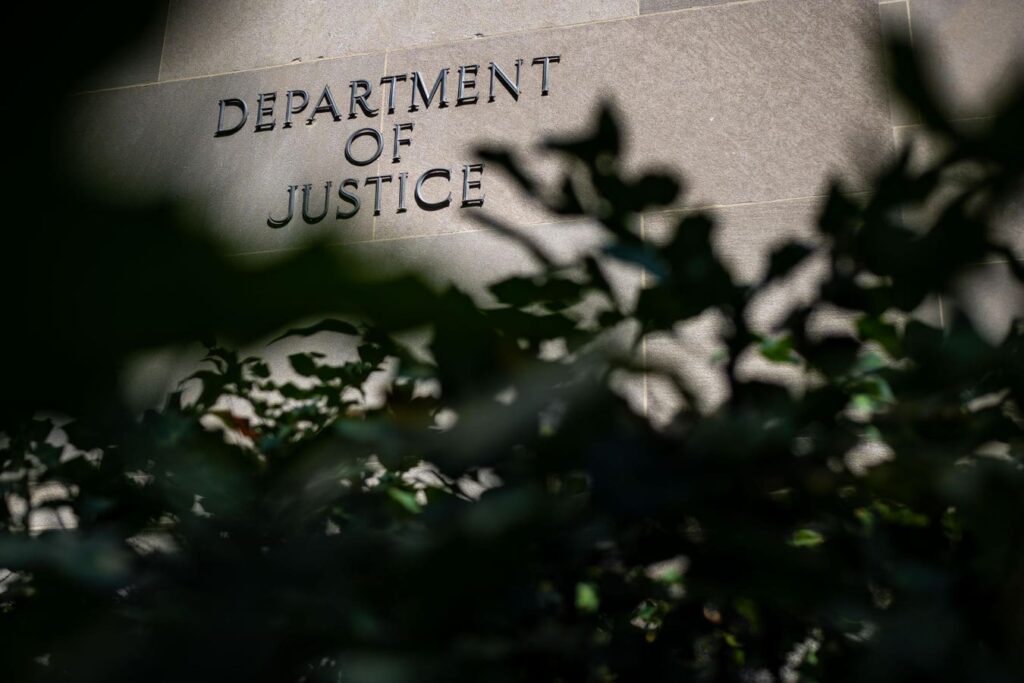In August 2022, the Department of Justice (DOJ) launched the Corporate Whistleblower Awards Pilot Program, which has generated significant interest, leading to 200 individuals submitting tips regarding white collar crime. This initiative represents a proactive effort to leverage insider knowledge to combat financial misconduct, which often goes undetected due to its complex nature. By encouraging whistleblowing in financial institutions, including cryptocurrency firms and entities involved in health care fraud, the DOJ aims to widen the net for uncovering various forms of fraud that could result in substantial financial penalties.
The program facilitates rewards for whistleblowers who provide original, non-public, and voluntary information about criminal activities that yield financial penalties exceeding $1 million. Whistleblowers whose information leads to successful prosecutions could potentially earn up to 30% of the first $100 million in forfeited amounts, with decreasing percentages applied to larger sums. This financial incentive is structured to attract information that might otherwise remain undisclosed, particularly benefiting law enforcement’s ability to tackle sophisticated financial crimes.
One critical aspect of the program is the discretionary nature of the award payouts; the DOJ is committed to rewarding whistleblowers as long as they have not participated in the wrongdoing they report. Even those who may have had some involvement might still gain protection and rewards if they enter into non-prosecution agreements. However, whistleblowers who meaningfully participated in criminal activities, such as planning or profiting from these actions, are disqualified from receiving any compensation under the program.
Another important consideration is the potential for retaliation against whistleblowers by their employers. To mitigate this risk, the DOJ stresses the importance of maintaining the confidentiality and anonymity of whistleblowers. They can choose to report their concerns through legal representation to protect their identities. Moreover, if a company takes retaliatory action against a whistleblower, this factor will influence the DOJ’s assessment of the company’s cooperation levels in any investigation, providing a further deterrent to punitive workplace behaviors.
Furthermore, the program encourages companies to self-report to the DOJ within a stipulated timeframe after learning about internal whistleblower reports. If they do so, and no aggravating factors like recidivism are present, the DOJ may agree not to pursue criminal charges against those companies. This proactive approach not only aims to foster a culture of transparency but also emphasizes the importance of companies taking responsibility for engaging in ethical practices.
Historically, the DOJ’s initiative complements existing whistleblower programs implemented by other federal agencies, such as the Internal Revenue Service (IRS), which has been rewarding whistleblowers since 2006. In fact, the IRS previously made headlines for awarding $104 million to a whistleblower whose information led to substantial tax evasion recoveries. Similarly, both the Securities and Exchange Commission (SEC) and the Commodity Futures Trading Commission (CFTC) have long-established whistleblower programs, with CFTC whistleblower tips having contributed significantly to enforcement outcomes. The DOJ’s program aims to fill specific gaps and extend the reach of whistleblower protections to private sector activities that lie outside the purview of the SEC, thus representing a comprehensive approach to enhancing accountability in corporate practices.

